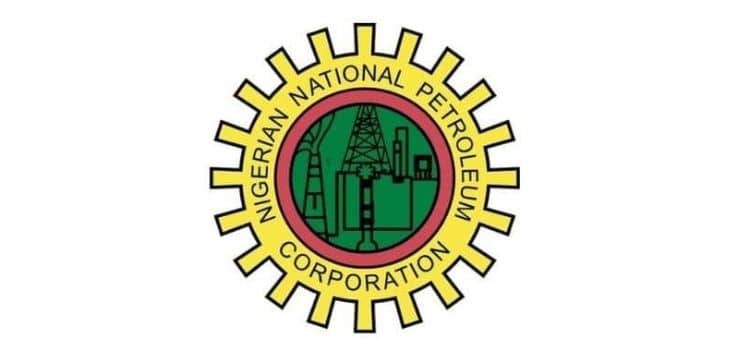The Nigerian National Petroleum Company Limited (NNPCL) has denied any involvement in the importation of substandard petroleum products in the country, it however acknowledged that smuggling of petroleum products does occur in Nigeria.
The Chief Executive Officer of the Nigerian National Petroleum Company Limited (NNPCL), Mele Kyari, during an interactive session with stakeholders in the oil industry, organized by the Senate Ad-hoc Committee investigating alleged economic sabotage in the Nigerian petroleum sector, stated that the industry is “bleeding”.
He denied involvement in importing sub-standard products, emphasizing NNPCL’s commitment to transparency and honesty.
Kyari also pledged to reveal the truth about the industry when the time is right and advocated for live television coverage of future committee sessions to ensure accountability and transparency.
The CEO of NNPCL, Mele Kyari, expressed frustration over unfair media attacks, which he believes are aimed at tarnishing the company’s reputation and creating the impression of economic sabotage.
He emphasized that NNPCL operatives are not criminals nor thieves pledging to continue protecting the country’s interests.
MUST READ: Benue PDP Crisis : Group Urges NWC To Reschedule Ward Congresses In 8 LGAs
The session was attended by Minister of Finance and Coordinating Minister of the Economy, Wale Edun, Group Managing Director, Nigerian National Petroleum Corporation Limited (NNPCL), Mele Kyari, Chief Executive, Nigerian Upstream Petroleum Regulatory Commission (NUPRC), Gbenga Komolafe, Chief Executive Officer, Nigerian Midstream and Downstream Petroleum Regulatory Authority, Farouk Ahmed
Others are Representatives of Nigeria Customs Services, Navy, Association of Local Refiners, Dangote Group, and others
The stakeholders present assured the committee of their cooperation in uncovering the truth.
Committee Chairman, Opeyemi Bamidele, urged stakeholders to refrain from blame games and approach the issue with calmness and understanding.
Bamidele noted that despite the federal government’s significant investments, including $1.5 billion approved in 2021 for the Port Harcourt Refinery’s turn-around maintenance, the state-owned refineries in Kaduna, Port Harcourt, and Warri remain nonfunctional.
Minister of Finance, Wale Edun, emphasized that increased crude oil production would stabilize Nigeria’s foreign exchange market.
He expressed confidence in the committee’s leadership to conduct a fair and impartial investigation.
(Editor : Ena Agbanoma)








